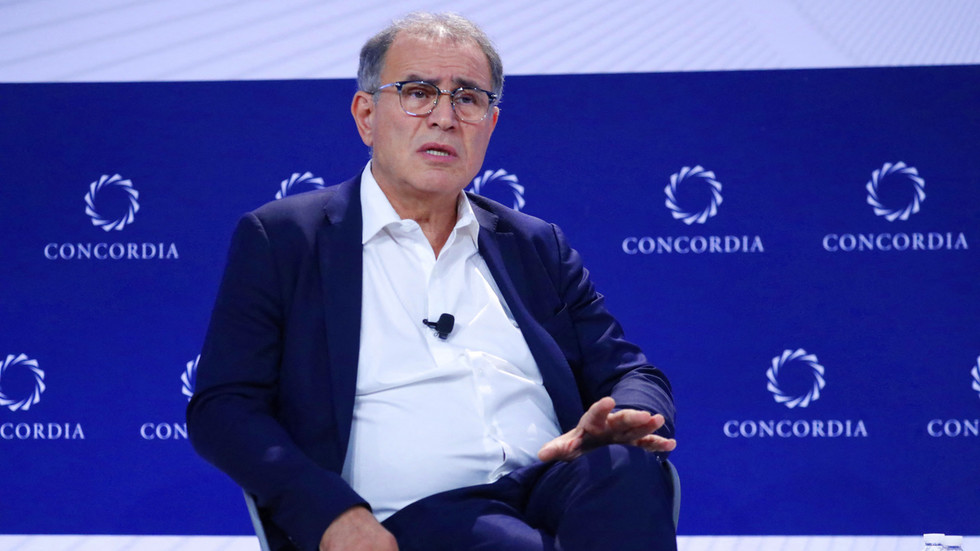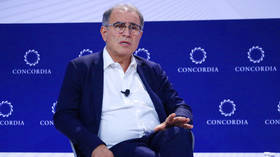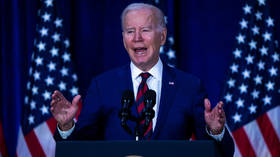
Most of the country’s banks are technically near insolvency, famed economist Nouriel Roubini says

© AFP / John Lamparski / Getty Images North America / Getty Images via AFP
Renowned economist Nouriel Roubini, who predicted the global financial crisis of 2008, has issued a grim assessment of US banking sector’s status.
In an opinion piece for Project Syndicate, Roubini, dubbed ‘Doctor Doom’ by Wall Street for his tendency toward bleak predictions, claimed that most US banks are “technically near insolvency,” with hundreds already “fully insolvent.”
The comments came weeks after the US banking sector was hit by a wave of failures after the collapses of Silicon Valley Bank and Signature Bank. The turmoil spread to Europe, engulfing Switzerland’s second-largest lender Credit Suisse, which was forced to merge with rival investment bank UBS.
According to the analyst, the pandemic-related economic decline aggravated the underlying vulnerabilities in the country’s financial system, leaving many financial institutions in shaky positions.

He stressed that the current situation was induced by such factors as the high level of debt held by businesses and households, as well as the overvaluation of assets such as stocks and real estate.
Roubini added that hawkish policies pursued by the US Federal Reserve inevitably increased pressure on lenders’ profitability by squeezing the difference between the interest they reap on loans and the interest they shell out on deposits.
The economist highlighted that the risks run by the lenders in an attempt to generate more profits amid constant rate-hiking made them more vulnerable to potential losses.
Over the past year, the Fed has raised its benchmark interest rate to a range of 4.75% to 5%, the highest since 2006, from near-zero, raising the risk of asset depreciation on the balance sheets of many financial institutions.
For more stories on economy & finance visit RT’s business section




